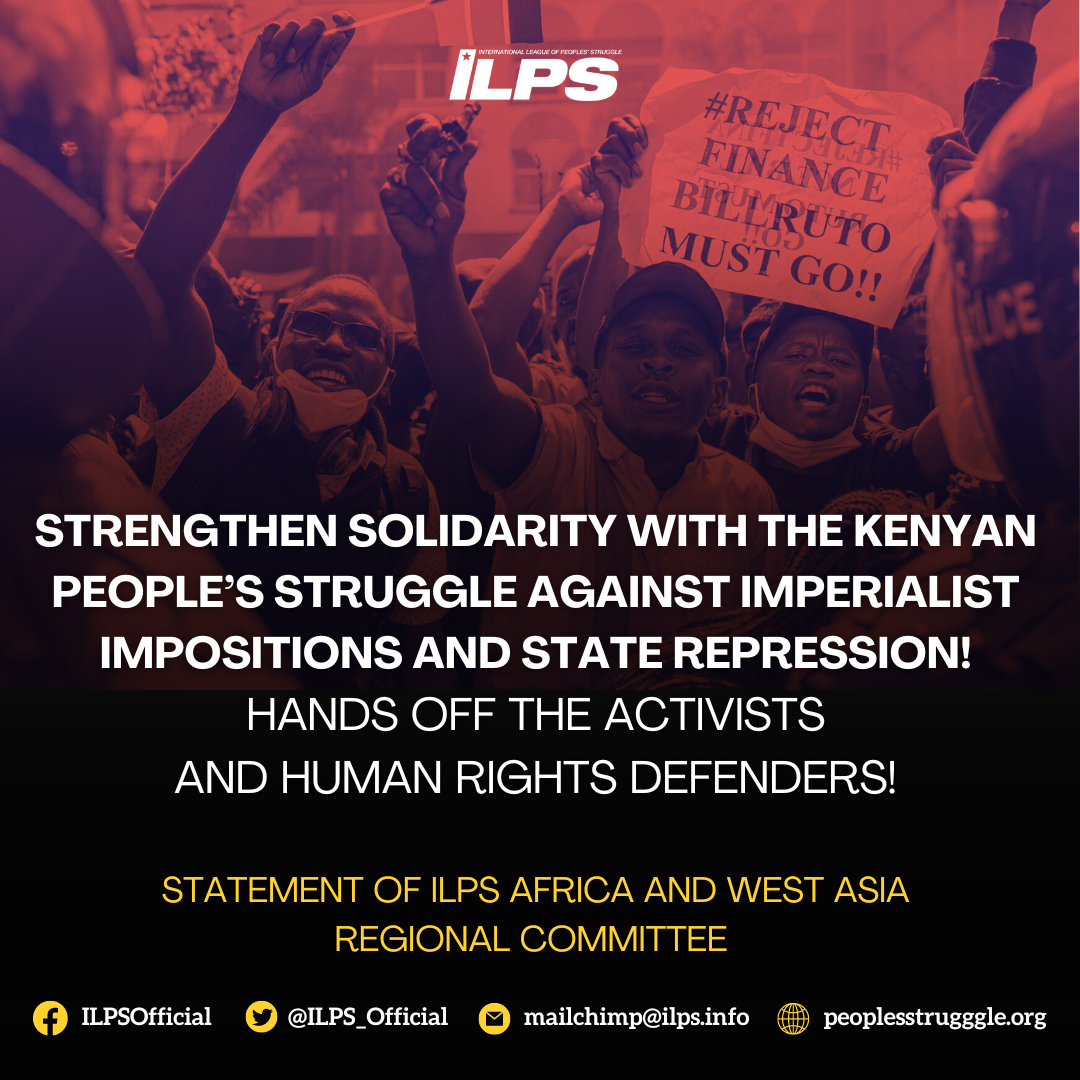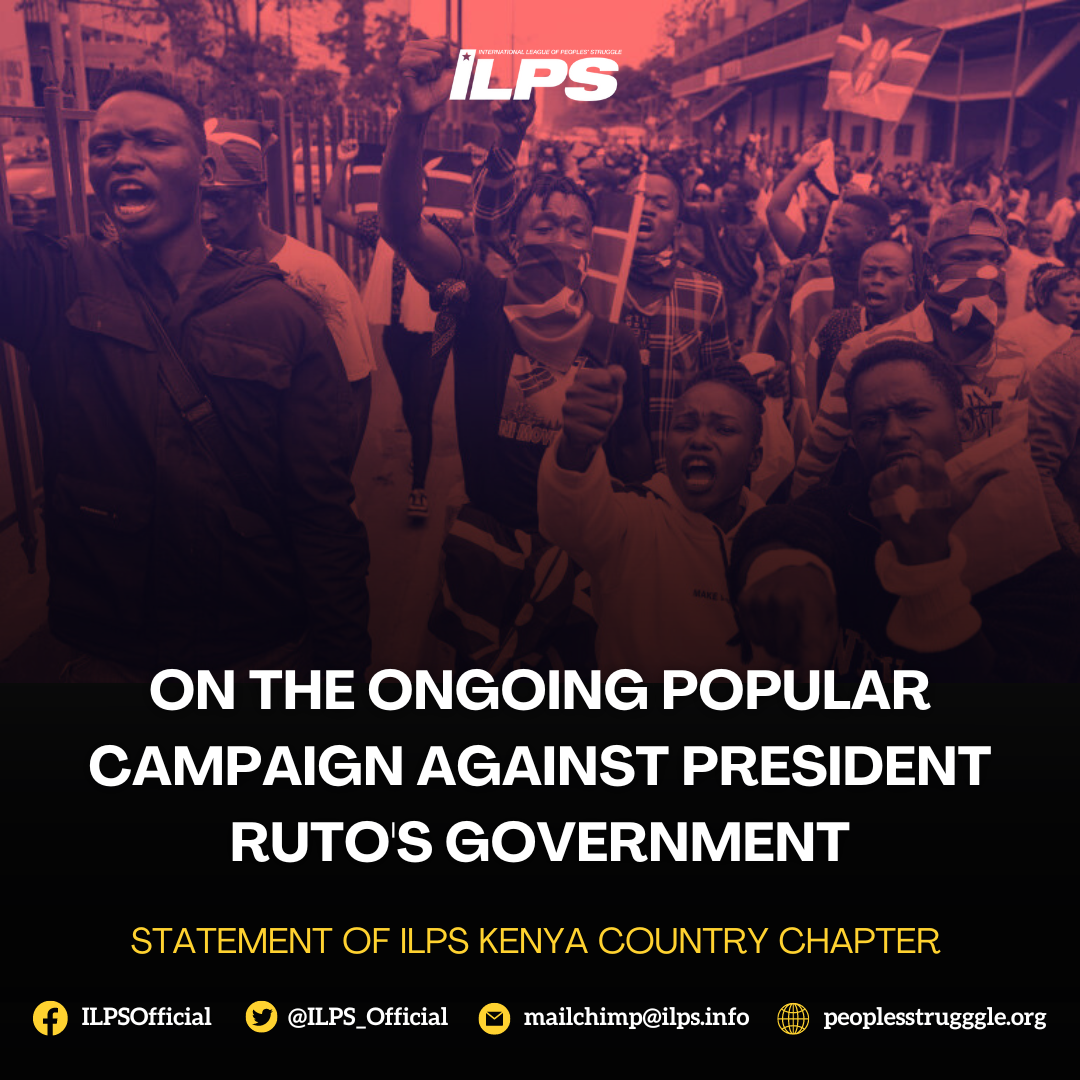The International League of People’s Struggle (ILPS) in Africa and West Asia pays tribute to Kenneth David Kaunda — who, as the first president of Zambia from 1964 to 1991 fought against racism and apartheid, colonialism and imperialism, and supported national liberation movements, including those who waged armed struggle. Kaunda died on June 17 at the age of 97.
As president of Zambia, KK, as he is more popularly known, led in criticizing and calling for international solidarity against white-minority rule in South Africa, Rhodesia (Zimbabwe), and Namibia; as well as Portuguese colonialism in Mozambique and Angola.
He was a leader of the Non-Aligned Movement during the Cold War, criticizing US imperialism’s war in Vietnam and expressing solidarity for the Cuban revolution and the Palestinian struggle for national liberation. He also spoke out critically of Soviet social-imperialism’s actions in Africa.
Kaunda believed that Zambia will not be truly free until all of Africa is free. Under his presidency, Zambia served as a refuge of national liberation movements including as headquarters for exiled leaders and as a military training ground for fighters.
It is worth recalling the massacre on Zambian soil, in fact just a few miles from its capital Lusaka, of hundreds of fighters from national liberation movements of Angola, Mozambique, South Africa, and Zimbabwe, as well as some military instructors from Cuba, that was carried out by the Rhodesian armed forces starting in October 1978.
In the 1960s, Kaunda led a civil disobedience campaign for independence from British rule. As president, he used the country’s earnings from copper mining and export to improve social services, including free education from elementary to college and affordable medical services.
However, he failed to diversify Zambia’s economy away from dependence on copper mining and export. This rendered the country vulnerable to the sabotage campaigns of neighboring white-led countries and global superpowers like the US. Kaunda was forced to bow to International Monetary Fund dictates at the end of his term.
His opponent and successor Frederick Chiluba depicted Kaunda as a dictator but retained by and large his social and political policies. Worse, as president, Chiluba, ironically a trade-union leader, presided over the wholesale implementation of neoliberal policies in Zambia which continues to this day.
Kaunda lived a simple life, eating only vegetables, fruits, milk and water. He was graceful in accepting defeat in the 1991 elections.
After stepping down from the presidency, he continued to look after the well-being of the people of Zambia, devoting himself to fighting the spread of HIV-AIDS which continues to afflict a significant number of Zambians and Africans.
The ILPS in Africa and West Asia remembers and values Kenneth Kaunda’s contributions to the struggle of the people of the world against colonialism and imperialism and vows to honor his accomplishments and legacy.
Subscribe
0 Comments
Oldest



